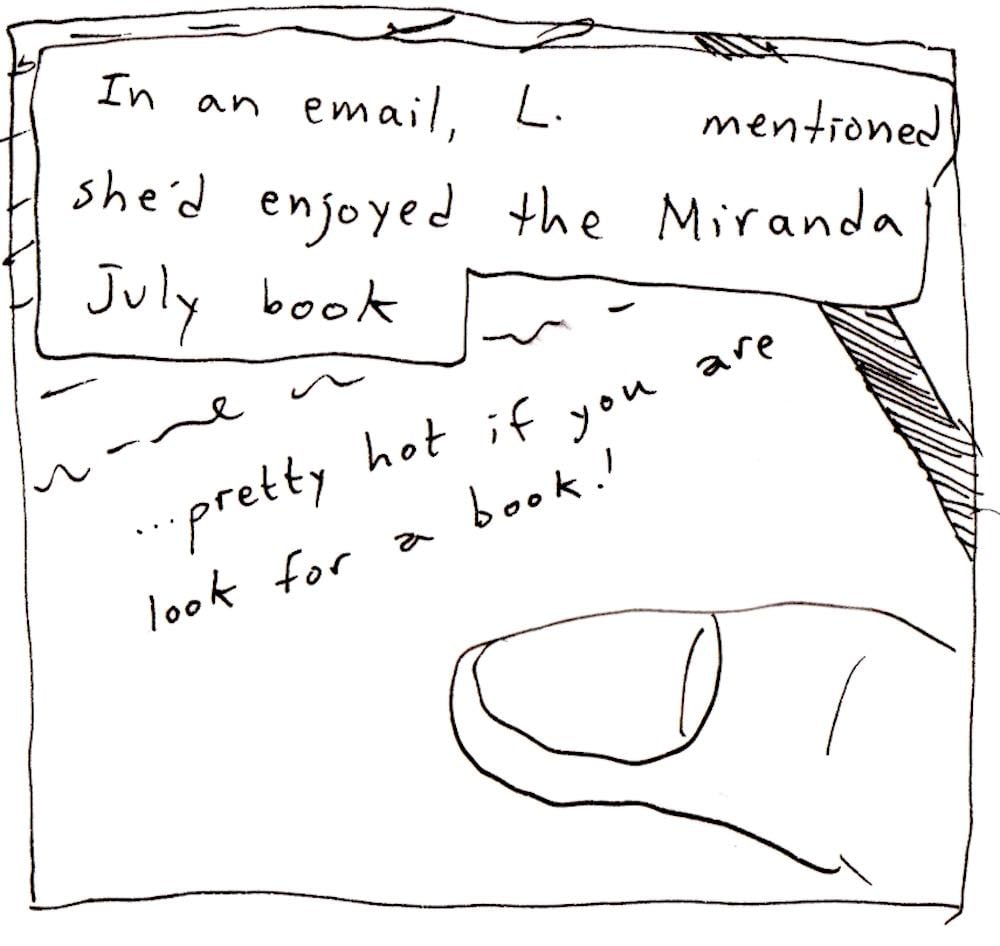“Third Things” Can Make Communication Easier
I ran across an interesting term/concept in Miranda July’s All Fours: third things. A character in the book attributes it to “the Quakers” and describes it like so:
It’s a topic of conversation that doesn’t belong to either party. The soul, usually so shy, can speak more easily through this Third Thing, at a slant.
It’s unclear if Quaker author Parker J. Palmer coined this term, but his 2004 book A Hidden Wholeness popularized the concept of third things. From The joy of third things:
In his book A Hidden Wholeness: The Journey Toward an Undivided Life, Quaker writer Parker J. Palmer talks about “third things,” how people can make emotional connections while talking about something they’re experiencing together. This can happen when people attend a concert or play, view a painting or even watch a baseball game.
Palmer believes that the soul is shy and that asking another person to immediately share something very vulnerable can scare them off. Connecting while engaged in third things is a gentler way to communicate.
Many people have fond memories of special conversations that transpired while they were doing the dishes with a parent or going fishing with a friend. This third thing they do together makes it easy and comfortable for them to converse more deeply, often without even making eye contact.
Many of the best conversations I have with my kids are facilitated by third things: watching a movie, playing video games, kicking a soccer ball around, playing mini golf, or running errands in the car. Conversation is no different that any other activity (like, say, shooting free throws or dancing): it’s much easier and open when you’re not actually thinking too hard about it.







Stay Connected